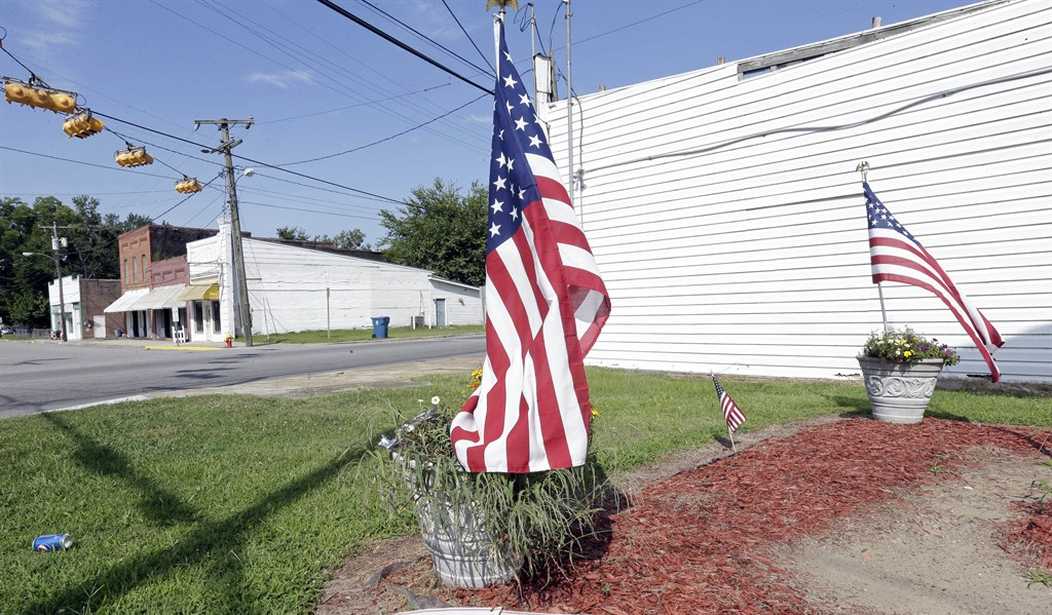The question I’m asked repeatedly now is what it all means. Vice President Joe Biden is projected to be the next president of the United States. President Donald Trump has not yet conceded; indeed, legal challenges are just getting under way in several states.
We don’t know how those will play out. If I were to offer a simple observation, it would be that the judiciary is signaling its reluctance right now to involve itself in the outcome of a very contentious election. It’s setting a very high bar for evidence of election shenanigans—proof of clear, intentional wrongdoing, not just suspicious-looking changes in totals. I don’t know if the many lawyers on the ground in states like Nevada and Pennsylvania will be able to meet that bar. Unless something changes, I presume that Biden will be sworn in on Jan. 20, 2021.
But I do have some thoughts about this election and what it means for the future of our great nation. Indeed, I’m optimistic. I hope I’m always a happy warrior for freedom, and on this bright Texas autumn morning, I’m having no trouble at all finding a silver lining or three.
First, I’m encouraged and excited about the remade political landscape that lies before us. Many in the media want to make the story all about Trump, but the story is really about all of us. I see a new coalition of working-class Americans coming together. It’s multi-ethnic, it’s multi-racial, and it’s conservative.
President Trump’s appeal to Latino voters (many don’t like being called Latinx, by the way) is mystifying to the Democrats, but it’s clear to the rest of us. It’s not about identities; it’s about jobs. It’s not about grievance; it’s about good schools and opportunity.
Next, I’m confident that the courts can serve a key function the Framers of the U.S. Constitution intended—as a check and balance on the other branches. President Trump’s longest-lasting legacy, perhaps, will be the originalist U.S. Supreme Court he secured with Justice Amy Coney Barrett.
Recommended
When President Obama’s progressive agenda was rebuffed by a Republican Congress, his response was the overt threat, “I’ve got a pen and I’ve got a phone.”
The response of us here at the Texas Public Policy Foundation to some of the warmed-over progressive plans of a Biden administration will be, “We’ve got a Robert Henneke.” Rob leads the Center for America’s Future, our legal arm. On Nov. 10, he argued in front of the U.S. Supreme Court on behalf of the individual plaintiff in the Obamacare lawsuit, seeking to restore choice and agency to American families regarding their own health care decisions.
We are positioned to defend Texas and all Americans against any encroachment on their liberties. And we are confident the Supreme Court that President Trump leaves in place (whenever he goes) will be receptive to our arguments.
Finally, we are reminded of the simple (and conservative) truth that gridlock is good. Though policy folks like me enjoy having lawmakers on our side, we should still be a little concerned when things are too easy. Americans like divided government; they rarely give the House, the Senate and the Presidency to any one party for very long. And there’s good reason for that.
The words of the late, and very great, Supreme Court Justice Antonin Scalia illustrate this well. In 2011, he spoke before the Senate Judiciary Committee about gridlock.
“I hear Americans saying this nowadays,” he said. “They talk about a dysfunctional government because there’s disagreement ... and the Framers would have said, ‘Yes! That’s exactly the way we set it up. We wanted this to be power contradicting power because the main ill besetting us ... is an excess of legislation’”
Scalia noted that in 1787, when the Constitution was being written, “they didn’t know what an excess of legislation was.”
So here’s to gridlock—and a return to the days of the media lamenting a “do-nothing Congress” that enacts change only when there’s broad agreement, and only after much deliberation.
This is why I’m hopeful about the future of our nation. We remain a strong, secure nation, with more uniting us than dividing us. I hope you will join me in praying for our nation—and for our leaders, whoever they may be.
Kevin Roberts, Ph.D. is the executive director of the Texas Public Policy Foundation and a scholar of America’s Founding.























Join the conversation as a VIP Member